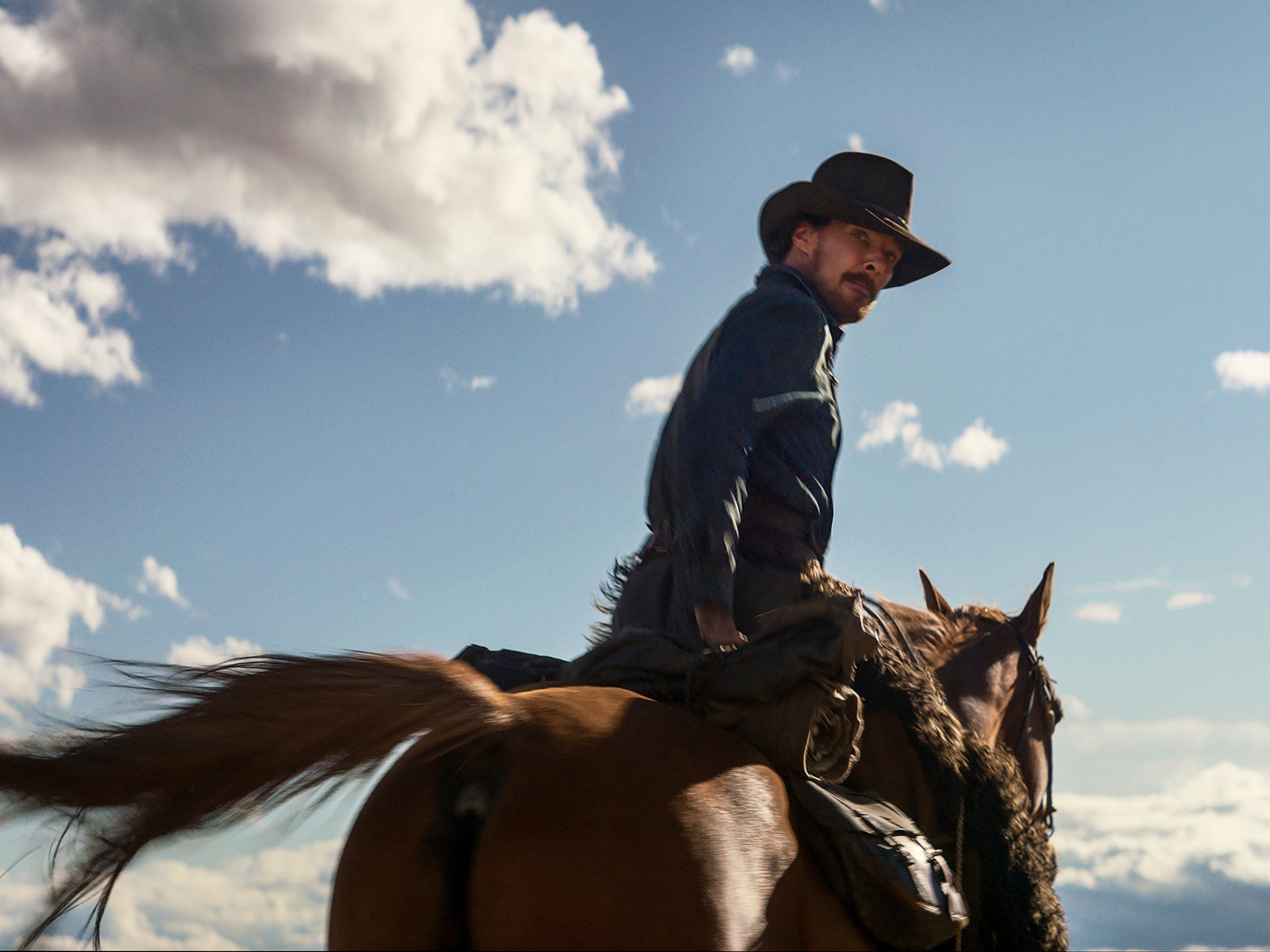The Power of the Dog: Why Jane Campion’s startling, simmering western should win the Oscar for Best Picture
Bleak, subtle, and lushly filmed, Netflix’s Montana-set drama is a blistering return from a director whose last feature came more than a decade ago. The Academy Awards could provide the perfect chance to give one of the world’s foremost filmmakers her due, writes Leonie Cooper


Sam Elliott might not have enjoyed the simmering sexual tension and grand, glorious vistas of The Power of the Dog, but the veteran actor is pretty much the only one. Jane Campion’s first full-length feature in 12 years ruthlessly did away with the gung-ho tropes of traditional westerns and replaced them with something altogether more subtle and tense. “The fascination of The Power of the Dog lies in its ambiguity and its depth of characterisation,” wrote Geoffrey Macnab in The Independent’s review back in September 2021. “Nothing is obvious here, not even the title.” Such complexity allowed both Benedict Cumberbatch and Kirsten Dunst to turn in career-best performances, while newcomer Kodi Smit-McPhee scored himself a well-deserved nomination for Best Supporting Actor for his portrayal of a troubled young man coming to terms with the suicide of his father and teased for his effeminacy.
One of those adaptations seemingly destined to never get made, Thomas Savage’s 1967 novel had been optioned five times by various producers over the past 50 years. At one point Paul Newman had intended to bring the book to the big screen, but it was Campion that finally got the project over the line, working on the screenplay while in correspondence with author Annie Proulx, whose 1997 short story, “Brokeback Mountain” – which went on to become a successful film in 2005 – drew heavily from Savage’s original novel.
Like the long-awaited adaptation itself, The Power of the Dog is a film that takes its time. What at first might be mistaken for a rather plodding pace is in fact Campion flexing her Frank Lloyd Wright muscles, using compression and release in the same way as the acclaimed architect did with his grand 1920s homes. “It’s sort of a post-western, like a ranch story,” Campion told IndieWire. “Nobody’s got a gun.”
The film grapples with masculinity and sexuality in a quiet, contemplative way. It was this that Elliot – star of 1993’s Tombstone – was evidently not so keen on. “Where’s the western in this western?” he huffed. “I mean, Cumberbatch never got out of his f****** chaps… every f****** time he would walk in from somewhere – he never was on a horse – he’d walk in to the f****** house, storm up the f****** stairs, go lay in his bed, in his chaps and play the banjo.” Instead of cowboys riding through the plains and shooting at each other, we see Cumberbatch’s moody Phil Burbank vulnerable and swimming naked in a stream, stashing magazines of muscle men in the woods and stroking his prized saddle, given to him by the man he loved. Rather than gussied-up good-time gals swinging around the bedposts of a bordello, we have Dunst’s Rose Gordon, a newly remarried widow swiftly succumbing to alcoholism. Nobody in The Power of the Dog is happy. Everybody is lonely and everybody wants something they can’t have and know they will never get.
If this all sounds a bit bleak, well, that’s because it is. But Ari Wegner’s incredible eye lends the morose proceedings a certain lushness. The second woman ever to be nominated for Best Cinematography – and at 37, one of the youngest – Wegner was inspired by British pioneering photographer Evelyn Cameron’s sweeping, turn-of-the-century shots of Montana. But despite its American West setting, the film was actually shot in Campion’s native New Zealand.
For a movie so wrapped up in the trials of toxic masculinity, The Power of the Dog has enviable feminist credentials, making Campion the first woman to be nominated twice for the Academy Award for Best Director. She lost out with The Piano in 1993 to Steven Spielberg and Schindler’s List, but 2022 looks set to finally be Campion’s year.
Join our commenting forum
Join thought-provoking conversations, follow other Independent readers and see their replies
Comments


Bookmark popover
Removed from bookmarks